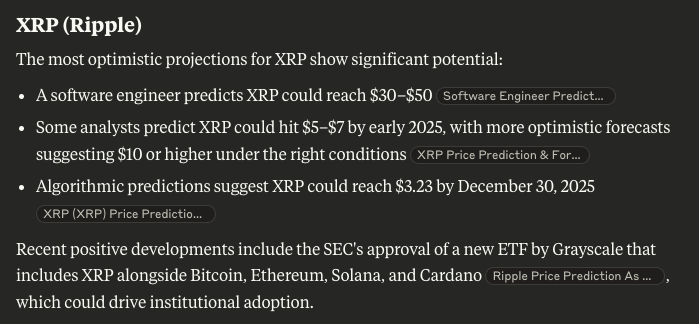According to the World Economic Forum, collaboration between humans and artificial intelligence could generate up to $15.7 trillion in economic value by 2030. However, achieving this potential in the workforce will depend on tapping into the strengths and skills of both people and technology.
A new report from Workday, Elevating Human Potential: The AI Skills Revolution, highlights a compelling connection between the so-called “soft” skills of people and the business value of tech in the era of AI. The report surveyed 2,500 full-time workers from 22 countries in late 2024. Among the participants, 25% were HR professionals, and 41% were company leaders.
According to the report, 83% of respondents agree that the growing use of AI will make human skills more vital. They were then asked to imagine a future of full AI adoption in their departments and to identify the most valuable human skills that would still be essential in their workplaces.
The 4 essential human skills
According to the authors of the Workday report, as AI automates repetitive tasks, uniquely human abilities are becoming increasingly important. The data spotlight the top four human-centric skills that remain critical alongside the rise of AI: ethical decision-making and moral judgment, emotional intelligence and empathy, human networking and relationship building, and conflict resolution.
However, the study highlights a disconnect between employees and organizational leaders regarding the growing need for human connection in the age of AI. The research found that 82% of employees believe human connection—fostered through essential human skills and attributes—is necessary as AI use grows, compared to only 65% of managers who agree.
This is one of the “starkest disconnects between workers and managers” Workday researchers discovered from the study, and they say it presents a “huge opportunity” for leadership to offer employees the connection they need.
HR leaders and their teams are in a position to play a critical role in providing connections during AI transformation efforts. Charlene Li, a renowned expert in leadership and innovation, advises HR professionals to lead AI transformation efforts by reassuring stakeholders, providing AI education and demonstrating the strategic value of these technologies. “Leaders will become ethical stewards, ensuring AI aligns with our purpose, values and long-term goals,” writes Li. “Remember: AI is a tool. How we choose to use it is where leadership matters.”
Challenges and opportunities for HR leaders
Aligning AI with an organization’s long-term goals will take strategic leadership, an effort that could face headwinds—but HR pros are highly qualified to address challenges. The percentage of U.S. employees who strongly agree that they are treated with respect at work has slid to a record low of 37%, according to new data from Gallup. However, the researchers behind the Workday study say that AI-proof personal skills can help address this shortcoming.
“Workplace policies are no replacement for a direct manager who understands the individual and the situation,” according to the Workday report. “Managers who know their people well can communicate expectations, explain policy rationales and make reasonable, individualized changes to work routines that let employees know they are heard and valued.”
However, not every manager or leader has fully developed soft skills, leaving HR leaders in the dark about workforce capabilities. Assessing human skills in relation to AI systems ensures people “shape the Intelligent Age responsibly,” according to the World Economic Forum. Interestingly, new technology is emerging to assess human-centric skills, helping employers identify suitable candidates and current employees.
Skillsoft, a learning management platform, expanded its evaluations to include interpersonal and leadership abilities alongside technical skills. Skillsoft provides conversational simulations where learners interact with virtual co-workers, managers or clients. These interactions are measured by sentiment, clarity and effectiveness, offering organizations valuable insights into communication skills that are often difficult to quantify.
We are experiencing a profound transformation in how we work and connect, according to Kathy Pham, vice president of artificial intelligence, at Workday. “AI is already breaking down communication barriers, helping us find the right words and the right tone,” she writes. With thoughtful use, Pham frames AI as a catalyst for unlocking creativity and empathy: “This is the promise of human-centered AI—to enhance efficiency while making us more human.”
Credit: Source link











